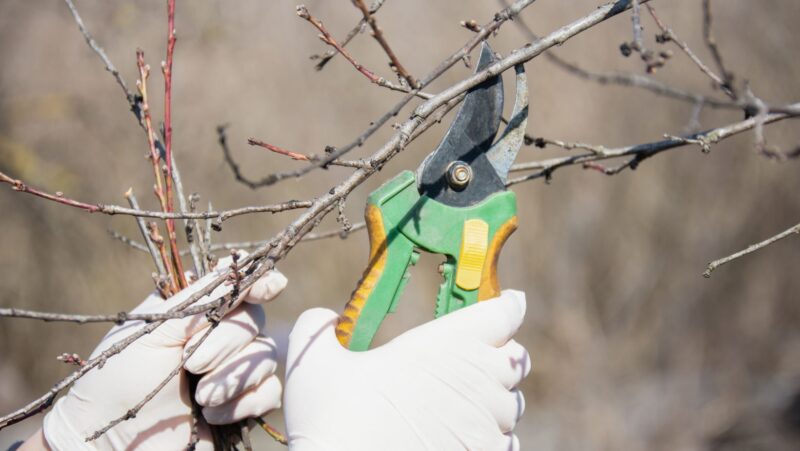
Selling your home to a cash buyer sounds like a dream, right? No agents, no showings, no waiting on financing just a clean, fast deal. But while this route can be a fantastic option for many homeowners, there’s more to it than meets the eye.
If you’re considering selling your property to a cash buyer, you should know exactly what you’re walking into. Let’s uncover the parts of the process that don’t always make it into the flashy ads or quick pitch emails.
It Can Happen Fast (Maybe Too Fast)
When a cash buyer is involved, deals can move at lightning speed. We’re talking a few days to a couple of weeks, compared to the months it might take with a traditional buyer. That’s a huge advantage if you’re in a hurry to relocate, settle debts, or avoid foreclosure.
But here’s the catch: because everything happens so quickly, some sellers feel rushed or overwhelmed. Important questions get skipped. Due diligence gets overlooked. And by the time you realize something feels off, you’re already closing.
The best thing you can do? Take a deep breath. Just because the buyer wants to move fast doesn’t mean you can’t ask for time to review everything properly. A reputable cash buyer won’t pressure you.
You Might Not Get Full Market Value
Let’s get one thing out in the open: most cash buyers aren’t paying top dollar. They’re investors, after all. They’re looking for profit potential, which means offering less than retail value.
The offer may be 70–85% of what you’d expect if you listed traditionally. That sounds like a red flag, but it’s not always a bad deal. You’re trading equity for speed and convenience. No repairs. No staging. No showings. And no waiting for a bank to say yes.
Still, go in with open eyes. Compare the cash offer to what you’d net with a traditional sale after agent fees, repairs, and holding costs. You might be surprised it’s not always a huge difference, especially if your house needs work.
If you want a clearer benchmark before accepting a cash offer, speaking with a local professional like an Estate Agent in Kingston can help you understand your home’s true market value and available selling options.
“As-Is” Means Just That
One of the biggest appeals of selling to a cash buyer is that they typically buy homes as-is. Leaky roof? Cracked foundation? Old carpet? They’re not fazed.
But here’s the thing: as-is doesn’t mean don’t disclose anything. You’re still legally required to reveal known issues with the home, depending on your state laws. Failure to disclose major defects can come back to bite you even in a cash sale.
The good news? Most reputable cash buyers expect properties to have problems and plan their offers accordingly. Just be honest and transparent. That’s the best way to avoid legal headaches later.
Not All Cash Buyers Are Created Equal
This might be one of the most important things you’ll read. Just because someone says they’re a cash buyer doesn’t mean they have the money ready. Some are wholesalers, who put your property under contract and then try to sell that contract to someone else often without ever planning to buy your home themselves.
There’s nothing inherently wrong with wholesaling when done ethically. But you need to know who you’re dealing with. Ask the buyer to show proof of funds. Request references. Look them up online. Trust your gut. One good way to sidestep the sketchy crowd is to work with a local, established company like Wright Home Offer, which has a track record of buying homes directly and closing quickly without any bait-and-switch games.
Expect Fewer Fees but Read the Fine Print
Traditional home sales come with a laundry list of fees: agent commissions, closing costs, repairs, staging, photography you name it. One of the big perks of a cash buyer is that most of those costs go out the window.
In many cases, the buyer even covers the closing costs. That’s a huge win for sellers trying to walk away with as much cash as possible.
Still, don’t assume everything is free and clear. Some buyers may sneak in transaction coordination fees or similar charges in the fine print. Always read the contract carefully and don’t hesitate to ask what every charge is for.
You Still Need Some Paperwork
Even though selling to a cash buyer cuts through a lot of red tape, it’s not a handshake deal. You’ll still need a purchase agreement, title search, and closing documents. Depending on your state, you may also need an attorney to review the contract or handle the closing.
Don’t be lulled into thinking that cash means informal. Keep your paperwork in order. Hire a title company or closing attorney to protect your interests and make sure the sale is legal and binding.
There’s Peace of Mind in Certainty
Perhaps the most underrated aspect of working with a cash buyer is the certainty. Traditional buyers often back out due to financing problems, inspection issues, or simple cold feet. With a solid cash buyer, once you accept the offer and sign the contract, there’s a high chance the deal closes. That peace of mind knowing the sale won’t fall through at the last minute is priceless for many sellers, especially those in tricky situations.
Know Your Priorities Before You Sell
In the end, selling to a cash buyer is all about priorities. If speed, simplicity, and convenience matter more than squeezing every dollar out of your home, it can be a great fit. But if you’re in no rush and want to maximize your profit, listing on the open market might be a better path.
The key is knowing what’s most important to you and working with someone who respects that.
Quick Tips Before You Sign Anything
- Get multiple offers – Compare more than one buyer to find the best deal.
- Verify their funds – Always ask for proof they can pay cash.
- Check reviews and testimonials – Past clients are a goldmine of insight.
- Ask questions – A good buyer won’t mind explaining how their process works.
- Don’t ignore your instincts – If something feels off, it probably is.
Selling your house to a cash buyer can be a powerful move but it pays to know what you’re signing up for. Be informed, stay curious, and don’t let speed cloud your judgment.














